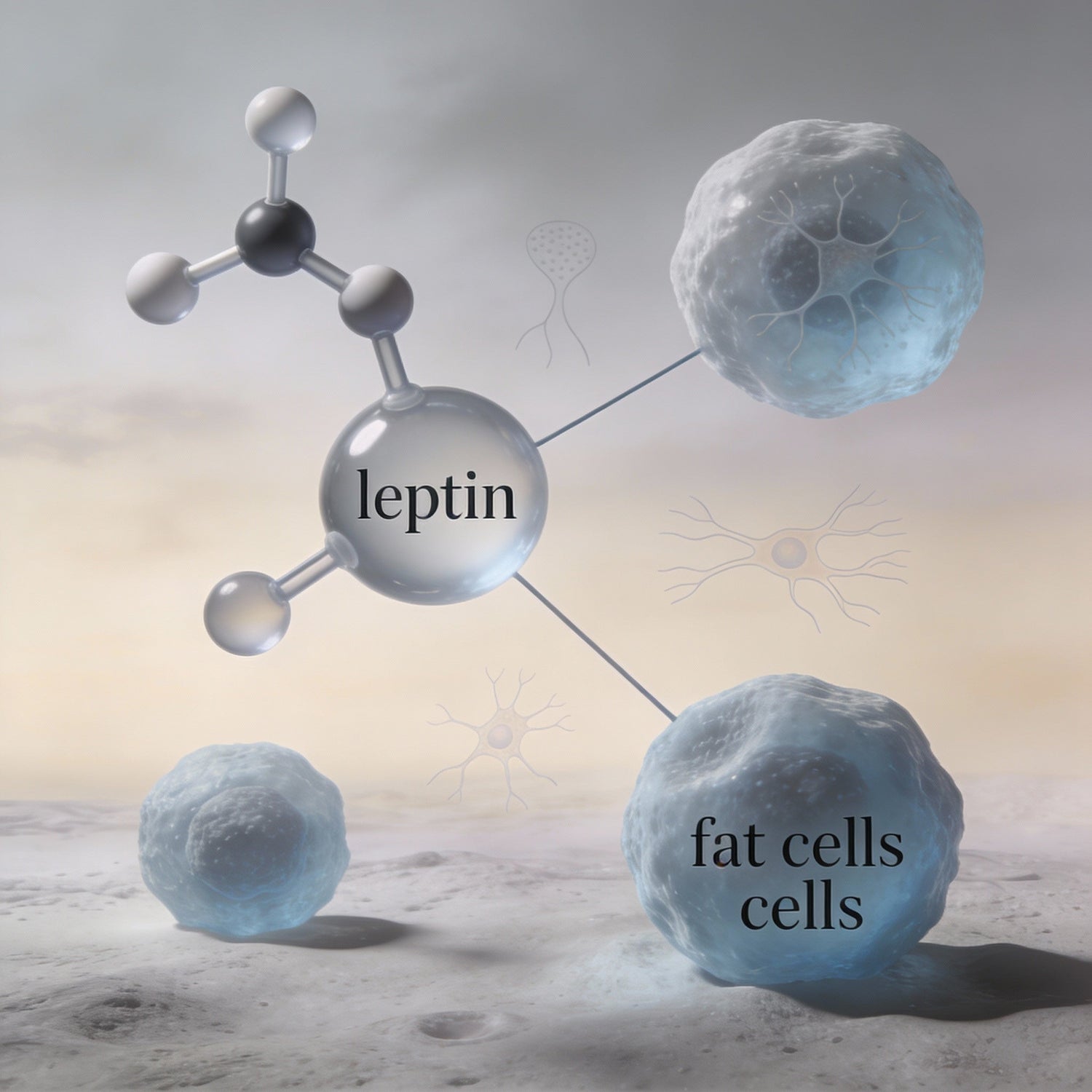Leptin, often referred to as the "satiety hormone," plays a pivotal role in regulating body weight by influencing appetite and energy expenditure. Secreted primarily by adipocytes (fat cells), leptin signals the brain regarding the body's energy reserves.
Mechanism of Leptin in Weight Regulation:
- Appetite Suppression: Elevated leptin levels inform the brain that fat stores are sufficient, reducing appetite. Conversely, decreased leptin levels signal energy deficiency, resulting in increased hunger.
- Energy Expenditure: Beyond appetite control, leptin influences energy expenditure. High leptin levels can enhance energy utilization, while low levels may decrease metabolic rate.
Leptin Resistance and Its Impact:
In individuals with obesity, the effectiveness of leptin can diminish—a condition known as leptin resistance. The brain does not respond appropriately despite elevated leptin levels, leading to continued hunger and reduced energy expenditure. This resistance hampers weight loss efforts, as the usual mechanisms of appetite suppression and increased energy output are blunted.
Leptin's Dual Role in Fat Storage:
Leptin operates within a feedback loop:
- Weight Loss: As fat mass decreases, leptin levels drop, stimulating appetite and conserving energy until weight is regained.
- Weight Gain: Increased fat stores elevate leptin, suppressing appetite and promoting energy expenditure to prevent excessive weight accumulation.
Understanding leptin's role offers insights into the complexities of weight regulation and highlights the challenges faced by individuals dealing with obesity and leptin resistance.




Leave a comment
This site is protected by hCaptcha and the hCaptcha Privacy Policy and Terms of Service apply.